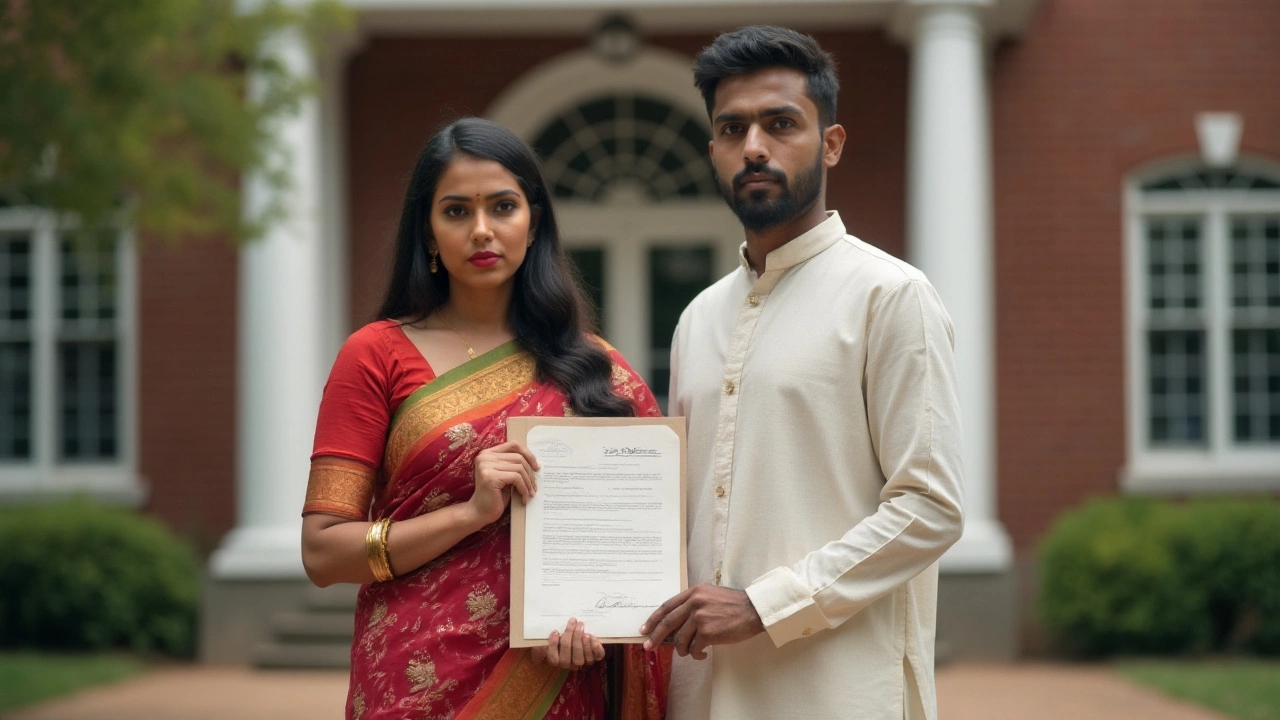Virginia Divorce Process: Simple Steps to Get Started
If you’re thinking about ending your marriage in Virginia, you probably have a lot of questions. How do you begin? Can you avoid paying court fees? Which forms do you need? This guide walks you through the entire process, using plain language and practical tips.
Getting Started: Do You Qualify for a Free Divorce?
The first thing to check is whether you qualify for a fee waiver. Virginia offers waivers for people whose income is below a certain level or who can’t afford the filing fee. To apply, you’ll fill out a Self‑Support Form and attach proof of income, such as recent pay stubs or a benefits statement. Submit the form with your divorce paperwork; the court will let you know if the waiver is approved.
If you don’t qualify for a waiver, don’t panic. The standard filing fee is about $95, but many local legal aid groups can help you cover it. Look for organizations that specialize in family law or free‑clinic days at the courthouse. A quick phone call can save you a lot of stress.
Filing the Papers and Moving Forward
Virginia uses two main routes: uncontested and contested. Most couples who agree on child custody, support, and property choose the uncontested route because it’s faster and cheaper. Here’s what you need to do:
- Fill out the Complaint for Divorce – This is the main form that tells the court you want a divorce. You’ll include basic info about you, your spouse, and any children.
- Submit a Waiver of Service if your spouse agrees not to be served. This speeds up the process.
- File a Parenting Plan if you have kids. Virginia requires a detailed plan covering where the kids will live, school decisions, and holidays.
- Attachment of Financial Statements – Both parties must disclose income, assets, and debts. This helps the court decide support and division of property.
After filing, the court will set a short hearing date, usually within 30 days. Both spouses (or their attorneys) attend, sign the final paperwork, and the judge signs the divorce decree. If you’re uncontested, the hearing can be as brief as five minutes.
In a contested divorce, you’ll need to exchange more documents, possibly attend mediation, and maybe go to trial. That adds weeks or months, but the same basic forms still apply. Hiring an attorney is a good idea if the case is complex.
Don’t forget to update your name, address, and legal documents after the divorce is final. Change your driver’s license, bank accounts, and insurance policies. It’s a small step that avoids future headaches.
Bottom line: the Virginia divorce process can be straightforward if you organize your paperwork, check your fee‑waiver eligibility, and keep communication open with your spouse. Use the free resources available, follow the step‑by‑step checklist, and you’ll move through the system with confidence.

Understanding Virginia's Final Divorce Decree: A Complete Guide
A final divorce decree in Virginia formally concludes a marriage and outlines the terms agreed upon or ordered by the court. This document is crucial because it contains all the legal orders required post-divorce regarding issues like property division, child custody, and support. The decree represents the court's final say and impacts both parties' future arrangements. It becomes essential for legal record-keeping and easing future interactions between the divorced parties.